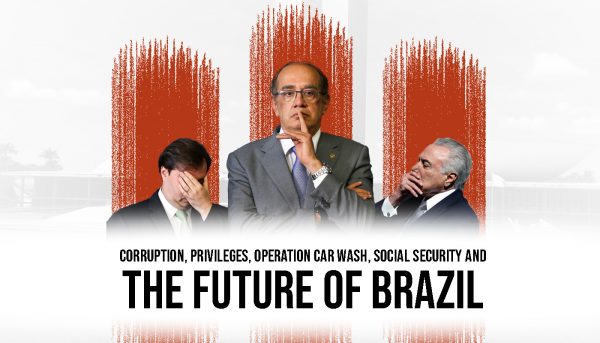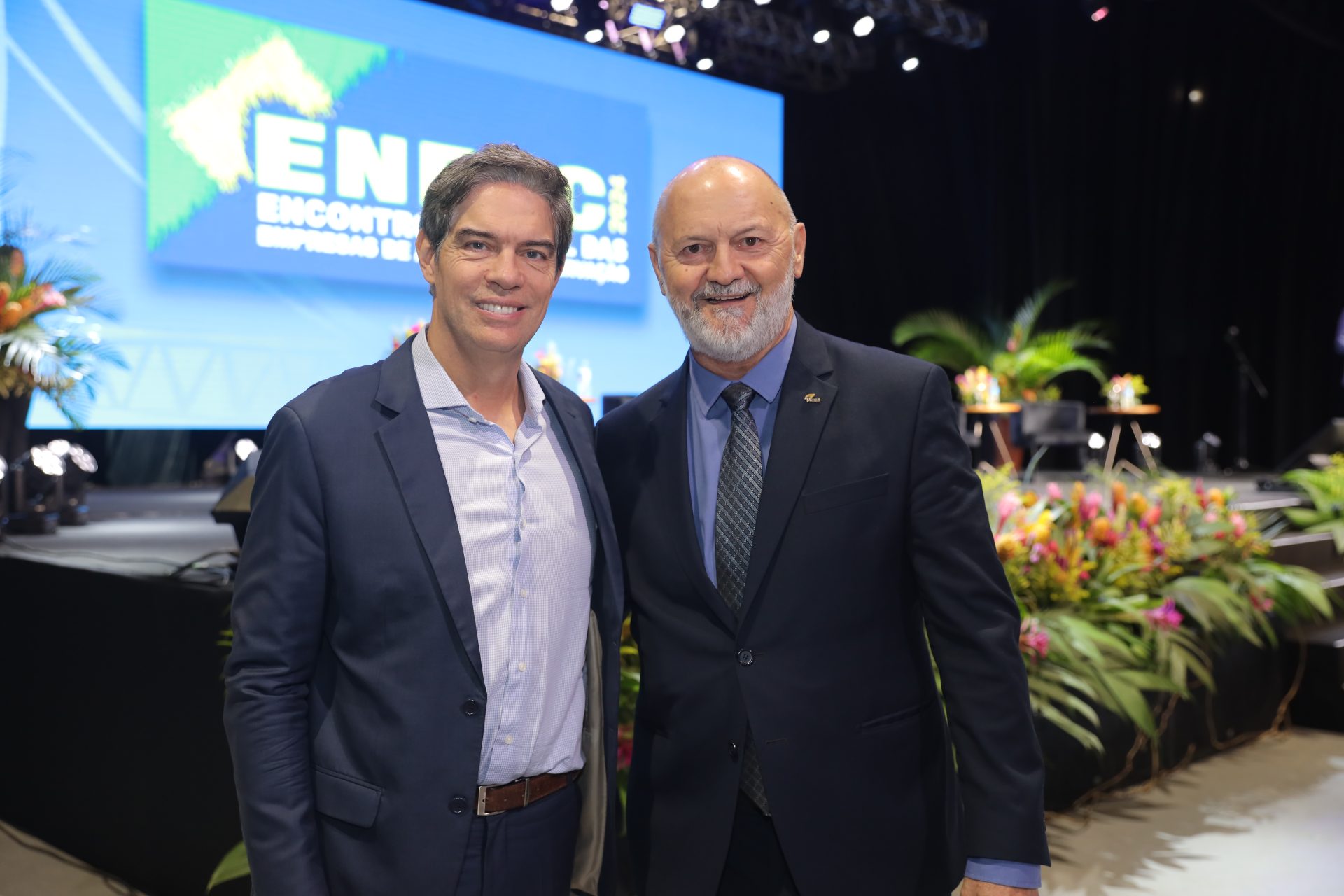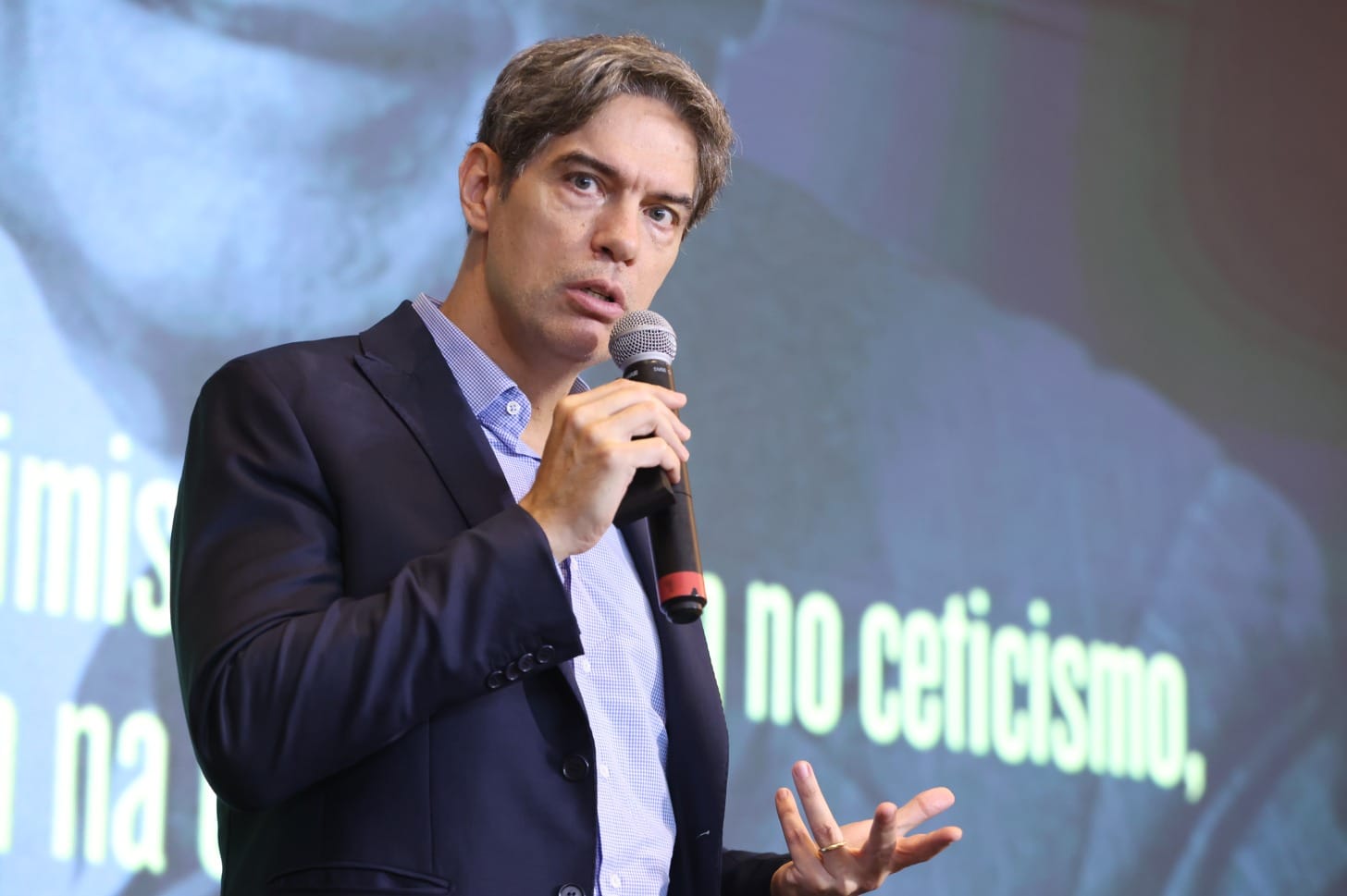04/2019
By Ricardo Amorim

Operation Car Wash (Lava-Jato) is now 5 years old. Never before were so many powerful people tried, sentenced and jailed for corruption. Convictions added together total over 2.242 years of imprisonment so far. R$2,5 billion were returned to Petrobrás. R$13 billion are yet to be recovered via plea bargaining and collaboration. Another R$18.3 billion are being requested to return to the Treasury by 10 charges of administrative improbity against 63 people, 18 companies and 3 political parties (PP, MDB and PSB).
The recent arrest of former President Michel Temer sent demolished the argument used by some people that Lava-Jato is an instrument of persecution of a political group to the benefit of another. On the other hand, the fact that it happened just before the voting in Congress of the Social Security Reform re-ignited criticism that began two years ago, when conversations between then President Temer and Joesley Batista leaked and halted the approval of the Social Security Reform that was expected at the time. Criticism that groups of public servants interested in maintaining their privileges – that would cease to exist if the Social Security was reformed – use when it suits them: to cause havoc in the political scenario and prevent the approval of the reform and the end of such privileges.
A conflict hard to settle. Combat against corruption cannot be held hostage of the Brazilian political calendar. There will always be political issues to be sorted out and the combat against corruption cannot stop. On the other hand, Lava-Jato and the combat against corruption must leverage a project to re-found the country and combat privileges which prevent development and impoverish Brazil and Brazilians. It cannot be an obstacle to such project at the risk of losing popular support when it needs it most.
The Supreme Court decision that cases of corruption and money laundering related to slush funds must be submitted to the Electoral Court, where means to investigate and judge are weaker and far more limited, weakened Lava-Jato and the combat against politicians corruption. It even created the risk of annulment of previous sentences, such as Lula’s and Eduardo Cunha’s. Less than a week later, we already had the first beneficiary of his case being transferred to the Electoral Court – former senator Lindberg Farias (PT).
More than ever, both the combat against corruption, by means of Operation Lava-Jato. and the combat against privileges, via the Social Security Reform, need the support of all of us. Only this support will create political conditions for both causes, positive as they are to the country, to progress instead of retreating. There will, however, always be lots of people interested in maintaining corruption and privileges.
Ricardo Amorim is the author of the best-seller After the Storm, a host of Manhattan Connection at Globonews, the most influential economist in Brazil according to Forbes Magazine, the most influential Brazilian on LinkedIn, the only Brazilian among the best world lecturers at Speakers Corner and the winner of the “Most Admired in the Economy, Business and Finance Press”.
Click here and view Ricardo’s lectures.
Follow me on: Facebook, Twitter, YouTube, Instagram, Medium e LinkedIn.
Translation: Simone Montgomery Troula




